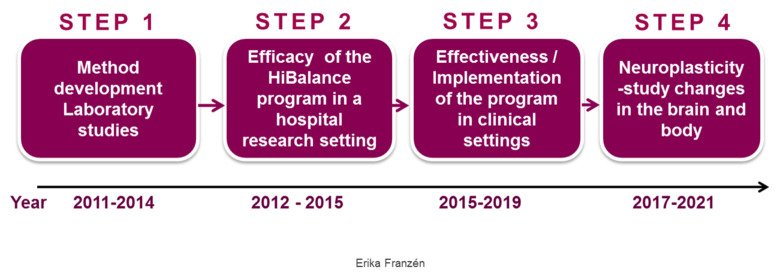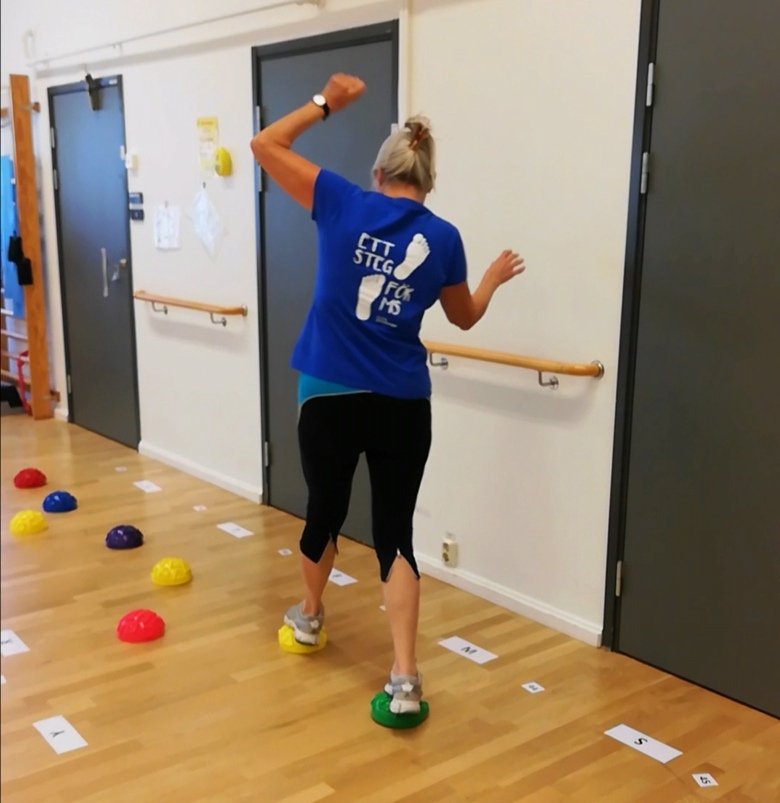Research Focus
Research focus is on translational research from exploring neuronal mechanisms to clinical interventions/implementation in the field of neurological and geriatric rehabilitation. Our areas of special interest are balance control, exercise, physical activity and falls in elderly and individuals with neurological diseases (Parkinson’s disease, Multiple sclerosis, stroke and spinal cord injury).
uMOVE Core Facility
uMOVE offers support for the planning, data collection and analysis using a wide range of state-of-the-art motion analysis systems - from lab measurements to free-living assessment of daily activities, including cognition functions and emotions on motor control.



